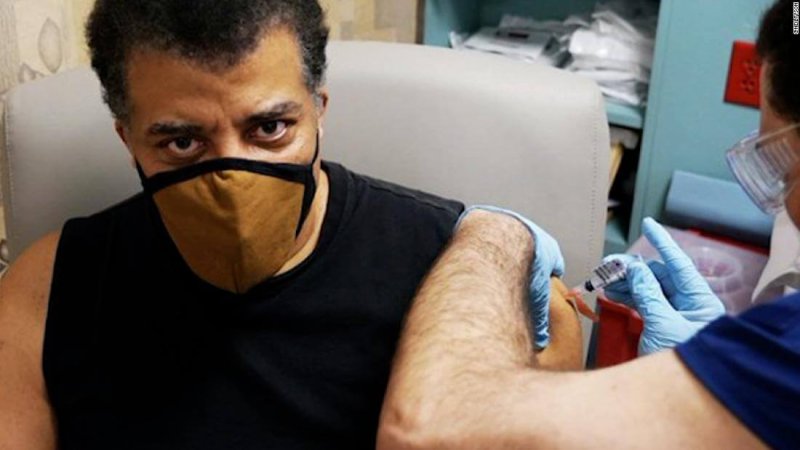We have apparently passed through a portal where pseudoscience, anti-science, fear-of-science and science-denial all thrive in our culture. Where systems of cultural, political and religious belief override the objective truths established by the methods and tools of science.
If the enterprise of science were some newfangled, untested way of knowing, one might empathize with these sentiments. But the people who battle against science are the same ones who, for instance, wield and embrace their pocket-sized smartphones, which merge state-of-the-art engineering, mathematics, information technology and space physics. It’s an educator’s conundrum indeed.
So perhaps what I really learned during the pandemic year is that science needs better marketing—refined and persistent—so that no one will ever again take its discoveries for granted.
Imagine the ad campaigns: We fly through the air at 500 mph, seated in a cushioned chair, inside a 100-ton metal tube, 30,000 feet above the ground—because of science. We communicate with practically anyone we’ve ever met, in an instant, no matter where they are in the world—because of science.
Nobody writes stories about not dying by not contracting Covid-19. So it’s time to praise the researchers who developed vaccines in record time. If heroes save lives, then they are superheroes who have saved the lives of millions—because of science.































